

A project that uncovers an isolated and unique streetball tournament played by Chinese-Americans in the heart of Chinatowns across the USA and Canada. Largely undiscovered by the mainstream, the game is a gritty, athletic, chaotic urban treasure traditionally played in parking lots and back alleys. (Dir. Ursula Liang, 2014)

In this thought-provoking documentary, scholars, activists and politicians analyze the criminalization of African Americans and the U.S. prison boom. (Dir. Ava Duvernay, 2016)

THE BLACK POWER MIXTAPE 1967-1975 mobilizes a treasure trove of 16mm material shot by Swedish journalists who came to the US drawn by stories of urban unrest and revolution. (Dir. Goran Hugo Olsson , 2011)

Explores the roots of civil unrest in California and the relationship between African Americans and LAPD. (Dir. Sacha Jenkins, 2017)

When Jennifer Laude, a Filipina trans woman, is brutally murdered by a U.S. Marine, three women intimately invested in the case–an activist attorney (Virgie Suarez), a transgender journalist (Meredith Talusan) and Jennifer’s mother (Julita “Nanay” Laude)–galvanize a political uprising, pursuing justice and taking on hardened histories of US imperialism. (Dir. PJ Raval, 2018)
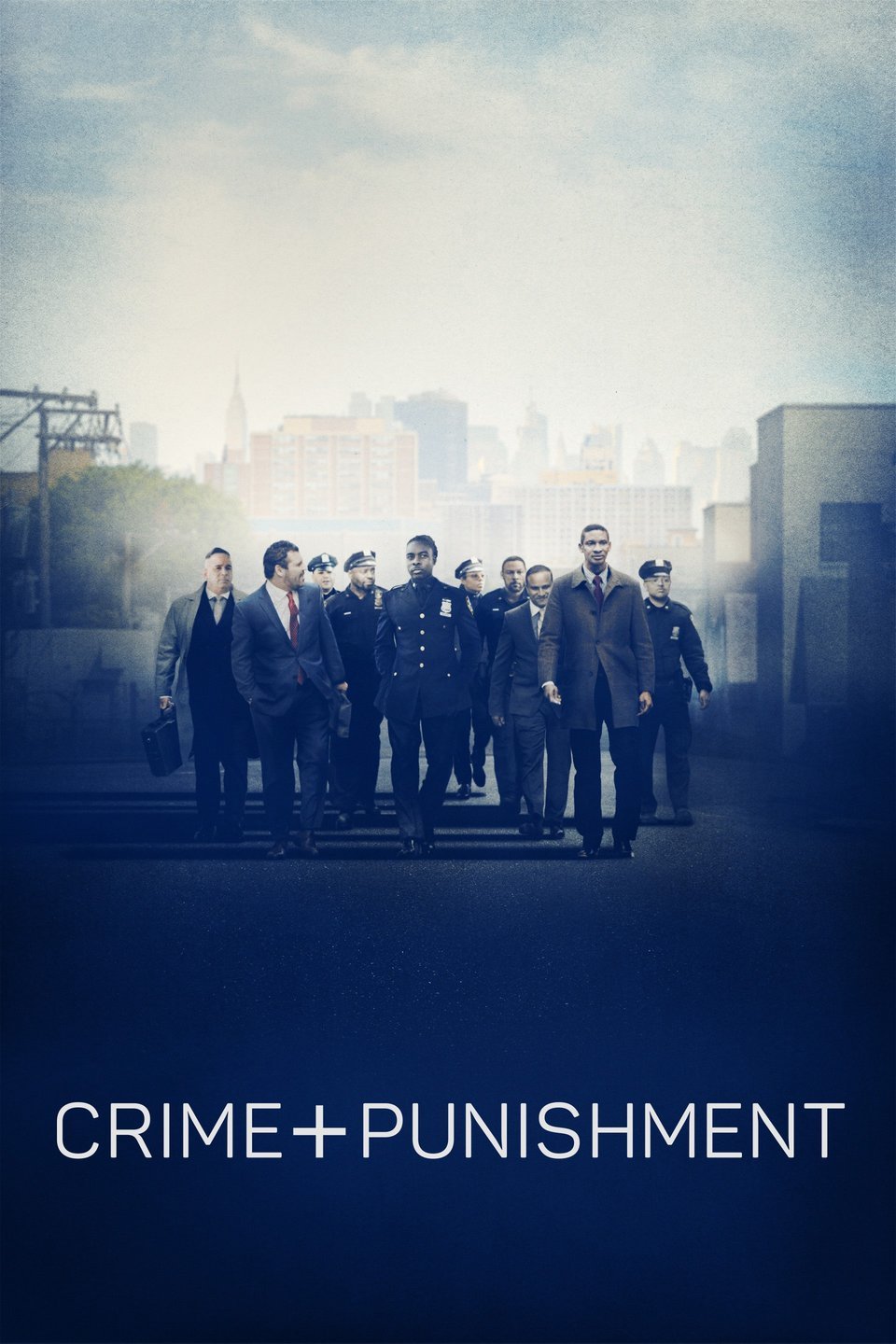
Amidst a landmark class-action lawsuit over illegal policing quotas, filmmakers use footage recorded over the course of four years to chronicle the real lives and struggles of black and Latino NYPD officers. (Dir. Stephen Maing, 2018)
At a popular bakery café, residents of New York’s Upper East Side get bagels and coffee served with a smile 24 hours a day. But behind the scenes, undocumented immigrant workers face sub-legal wages, dangerous machinery, and abusive managers who will fire them for calling in sick. Mild-mannered sandwich maker Mahoma López has never been interested in politics, but in January 2012, he convinces a small group of his co-workers to fight back. (Dir. Rachel Lears, Robin Blotnick, 2014)
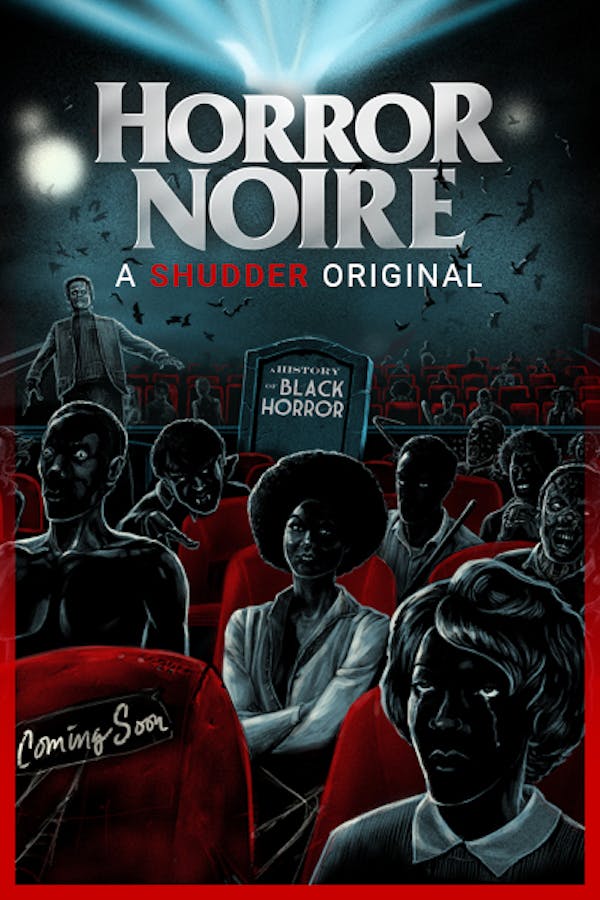
Delving into a century of genre films that by turns utilized, caricatured, exploited, sidelined, and finally embraced them, Horror Noire traces the untold history of Black Americans in Hollywood through their connection to the horror genre. Adapting Robin Means Coleman’s seminal book, Horror Noire will present the living and the dead, using new and archival interviews from scholars and creators; the voices who survived the genre’s past trends, to those shaping its future. (Dir. Xavier Burgin, 2019)

Master filmmaker Raoul Peck envisions the book James Baldwin never finished, Remember This House. The result is a radical, up-to-the-minute examination of race in America, using Baldwin’s original words and flood of rich archival material. (Dir. Raoul Peck, 2016)
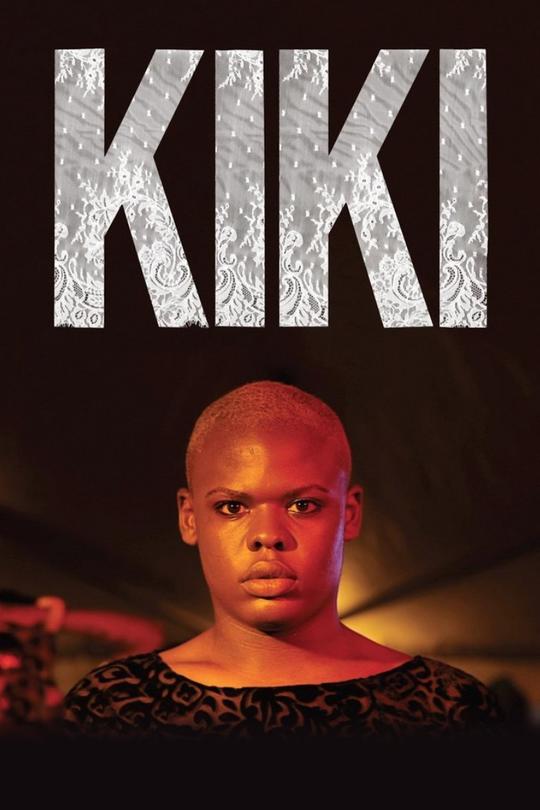
25 years after 'Paris Is Burning' introduced the art of voguing to the world, Kiki revisits New York City's thriving underground ballroom scene. It's a larger-than-life world in which LGBTQ youths of color are empowered by staging elaborate dance competitions that showcase their dynamic choreography, fabulous costumes, and fierce attitude. It's also a safe haven for struggling, at-risk teens who find acceptance, support, and friendship within the Kiki community. (Dir. Sara Jorenö, 2017)

Twenty-five years after the verdict in the Rodney King trial sparked several days of protests, violence and looting in Los Angeles, LA 92 immerses viewers in that tumultuous period through stunning and rarely seen archival footage. (Dir. Daniel Lindsay and T.J. Martin, 2017)
Kinzua Dam, completed in 1965, on the Allegheny River in Pennsylvania, was a flashpoint in history for the Seneca Nation of Indians. The dam inundated vast tracts of the Seneca Indians’ ancestral lands, forcing their removal in breach of the United States’ oldest treaty then in effect...Lake of Betrayal reveals an untold story from American history—a one-sided battle pitting an impoverished Native American nation against some of the strongest political, social and commercial forces in the country as they fought to protect their sovereignty. (Dir. Paul Lamont, 2017)
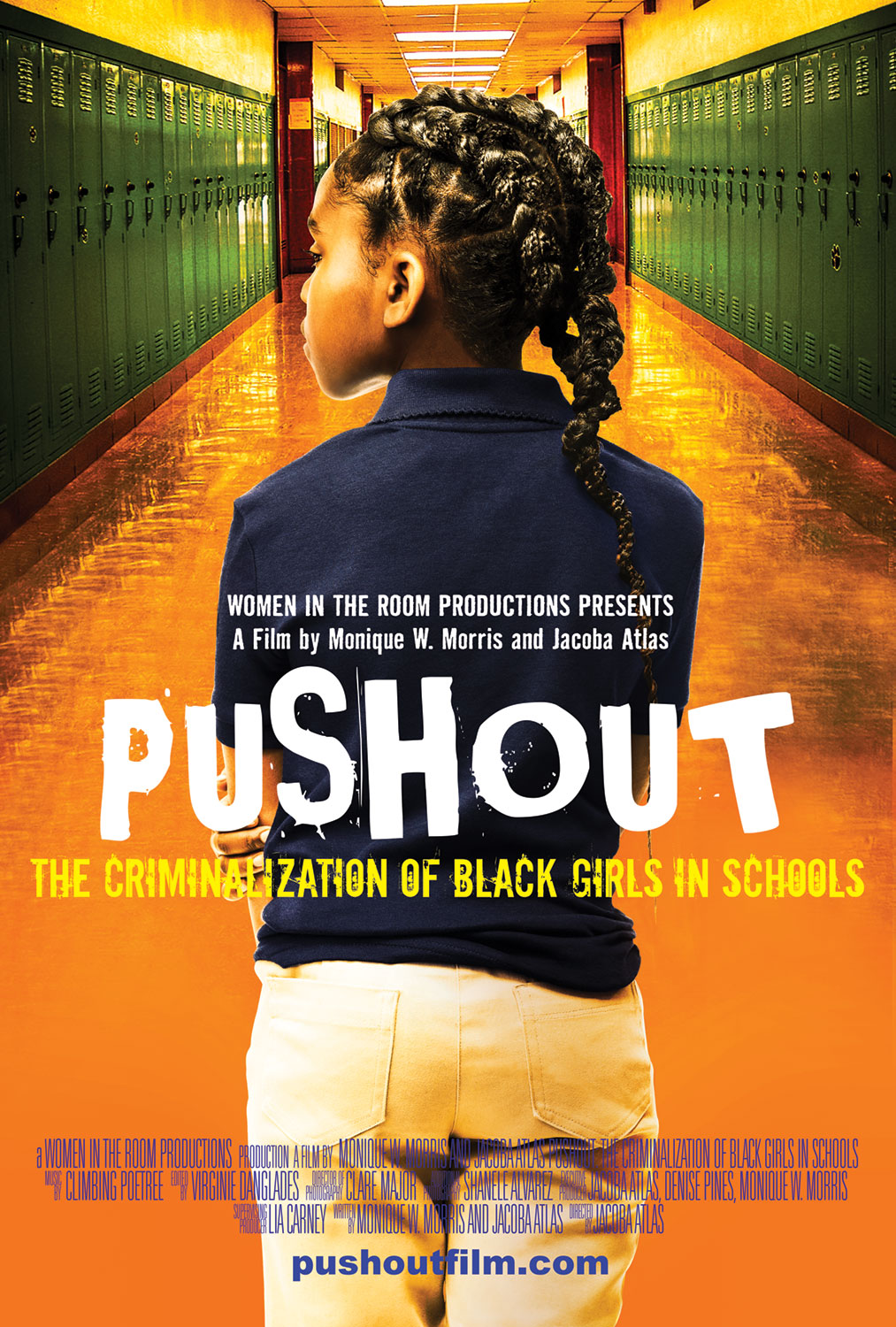
A feature length documentary that takes a deep dive into the lives of Black girls and the practices, cultural beliefs and policies that disrupts one of the most important factors in girls’ lives – education. (Dir. Jacoba Atlas, 2019)

Most people’s perception of Native Americans, whether they’re in the United States or anywhere else in the world, is shaped by the caricatures portrayed through Hollywood stereotypes. Cree filmmaker Neil Diamond deconstructs these characters—often played by white men in big-budget films—to get to the root of these seemingly harmless yet deeply racist tropes that have been central to the mythos of classic American cinema, and how we must examine the representation of these lives on screen to understand the United States’ own fraught relationship with its Native communities. (Dir. Neil Diamond, Catherine Bainbridge, and Jeremiah Hayes, 2009)
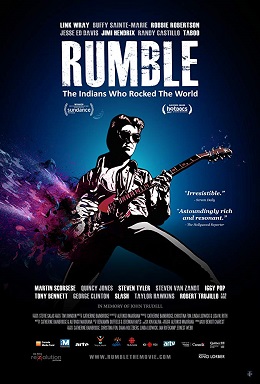
"Many artists and musical forms played a role in the creation of rock, but arguably no single piece of music was more influential than the 1958 instrumental “Rumble” by American Indian rock guitarist and singer/songwriter Link Wray...RUMBLE explores how the Native American influence is an integral part of music history, despite attempts to ban, censor, and erase Indian culture in the United States. As RUMBLE reveals, the early pioneers of the blues had Native as well as African American roots." (Dir. Catherine Bainbridge, 2017)

Strong Island chronicles the arc of a family across history, geography and tragedy - from the racial segregation of the Jim Crow South to the promise of New York City; from the presumed safety of middle class suburbs, to the maelstrom of an unexpected, violent death. (Dir. Yance Ford, 2017)

In September 1957, following the watershed Supreme Court case Brown v. Board of Education, a group of African-American students known as the Little Rock Nine courageously attempted to defy the notion that skin color should determine educational access by integrating an all-white southern high school. Nearly 60 years after the “Little Rock Crisis,” disparities in access to quality education remain among the most urgent civil rights issues of our time. Through case studies in Little Rock, New York City, and Los Angeles, this feature-length documentary film (and accompanying curriculum) seeks to bring the critical lessons of history to bear on the current state of U.S. education. (Dir. Sonia Lowman, 2017)

In February 1965, Malcolm X is murdered; three men are arrested, but only one admits to being part of the plot; decades later, one activist pledges to find the real killers, and vows to learn the truth about what officials knew regarding the crime, in this six-part docuseries. (Dir. Rachel Dretzin and Phil Bertelsen, 2020)

When unarmed teenager Michael Brown is killed by police and left lying in the street for hours, it marks a breaking point for the residents of the St. Louis area and beyond. Whose Streets? is an unflinching look at the Ferguson, Missouri uprising. As the national guard rolls in, a new generation mounts a powerful battle cry not just for their civil rights, but for the right to live. (Dir. Sabaah Folayan, Damon Davis, 2017)